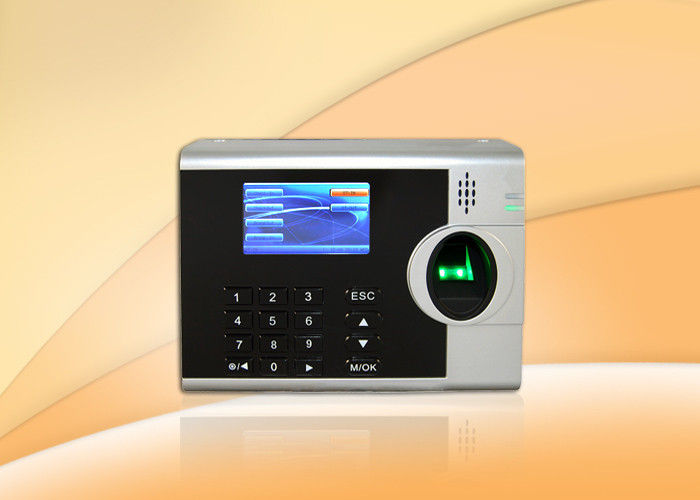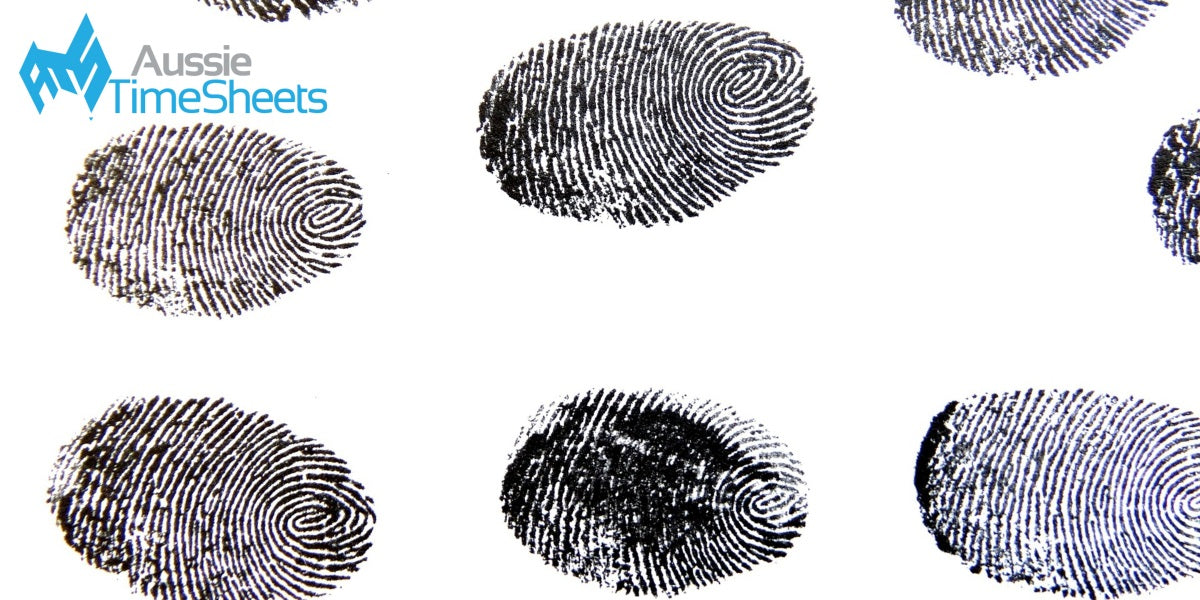
The state already controls the use of fingerprint scanners and the right to refuse biometrics, but these regulations fall under wider privacy laws at the moment.Īs the use of biometric data becomes even more commonplace it’s very probably that further privacy laws will come into effect. New York – A new biometric privacy act is also under discussion in New York.California – The Golden State followed suit in 2018 by passing the California Consumer Privacy Act (CCPA).Washington – In 2017, Washington passed its own law to regulate how biometric information be used by employers.Also, data can only be stored for one year.

Here, businesses must get consent if they plan to sell, lease or disclose biometric info. Texas – Texas passed similar legislation in 2009.The act also regulates how data is disclosed, protected, retained, and profited from. In the Land of Lincoln, businesses must obtain consent from every employee before biometric data can be collected. Illinois – The Illinois Biometric Information Privacy Act (BIPA) was passed in 2008.Let’s take a look at the states who have implemented biometric privacy laws: What’s more, companies also need to be aware of international privacy laws, especially if operations are multinational. However, several states have passed laws that govern the use of biometric data in the workplace. The Biometric Privacy Laws You Need To KnowĪt present, there is no single, comprehensive law in place at the federal level regarding the use of biometric law. It also helps to ensure that companies and third parties can’t sell or profit from personal data.
#Fingerprint time clock app how to#
Much like you wouldn’t leave employee contracts lying all over the office in open view, biometric data needs to be stored carefully.īiometric time clock laws help to protect the personal data of employees and give companies clear guidance on how to fairly process and secure the information. Whether the time clock uses fingerprints, irises, or facial recognition as a form of ID, biometric information is a highly sensitive form of personal information. To function, these systems require some form of personal biometric information so that employees can be authorized. Why is Biometric Time Clock Law Needed?īiometric time clocks offer a streamlined way to manage employee attendance, automate payroll processing, and much more. Let’s take a closer look at biometric time clock law, why it’s in place, and what actions employers need to take.

That being said, you need to understand any laws that relate to biometric data collection and employee consent. If you’re just about to implement biometric time and attendance, don’t panic just yet.


Moreover, as technology continues to change so too will the privacy regulations around data. As a result, new data protection regulations are being issued year on year, and this is likely to continue alongside the growth in digital services. What’s more, following years of high-profile data breaches, the general public is more cautious with their data. If you’re considering a biometric time clock for your workplace you might also be wondering just what the legal implications of such systems are.Īs all sectors continue to expand their use of digital services, data handling is an increasingly hot topic.


 0 kommentar(er)
0 kommentar(er)
